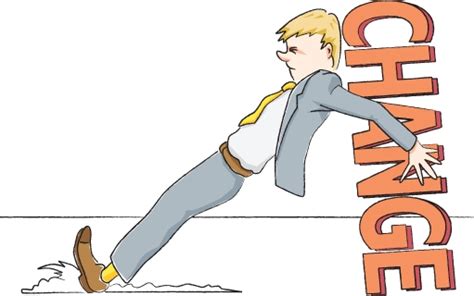CHANGE
There is a story about a Bishop meeting a Church Warden I heard many years ago, I’m not sure if it’s true or not but it’s a good story anyway.

The Church Warden, in conversation with a Bishop, happened to mention he had served for nearly 50 years. The Bishop responded by saying: ‘Well, I expect you have seen a lot of changes during your term of office’. ‘Yes’, was the reply, ‘and I have opposed every single one of them’.
Some adapt to change better than others, but like it or not, change is a fact of life and the rate of change always seems to be increasing. The church as an institution is not exempt from change and in Cornwall is undergoing radical change at the moment.
You may have heard of ‘On the Way’, the label the church in Cornwall has given this process of change. It involves individual parishes like Linkinhorne, Stoke Climsland, South Hill and Callington (already grouped together) being formed into larger groups with one Rector (priest) looking after them.
Of necessity, individual parishes, individual congregations, in these larger groupings will need local leaders entrusted with the day-to day running and leading of local churches and responsible to the Rector who has oversight of the group. Many of these leaders have been in place for some time ‘unofficially’ but the intention is to officially recognise this role.
Training of local leaders is in progress as is preparing rectors for a position of oversight. It’s worth noting that there are no plans at present to close any church buildings which will remain open as long as there are local congregations and communities able to maintain them.
So far I have referred to changes affecting the institution of the Church of England in Cornwall. What I find most encouraging, however, is that the ‘On The Way’ initiative recognises that without a change at a personal level in the people who are the Church, any institutional changes are pointless.
The true Church comprises those who seek to follow Jesus and his teaching: In a nutshell, a love for God (and by implication all that he has brought into being) and for our fellow human beings, love your neighbour as yourself.
Just recently I came across a very interesting quote by Guss Speth, an American environmental lawyer who co-founded the National Resources Defence Council and became Dean of the Yale School of Forestry and Environmental Studies:
‘I used to think the top environmental problems were biodiversity loss, eco system collapse and climate change. I thought that with 30 years of good science we could address these problems. But I was wrong. The top environmental problems are selfishness, greed and apathy – and to deal with those we need a spiritual and cultural transformation – and we scientists don’t know how to do that.’
I suggest that the spiritual and cultural transformation Guss Speth refers to would address many, if not all, of the problems we face today, locally, nationally and globally. I am convinced that the teaching of Jesus and his church (his followers) have a crucial role to play in that transformation.
Brian Norris